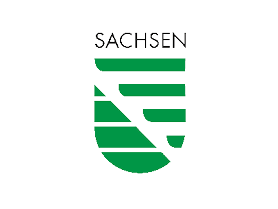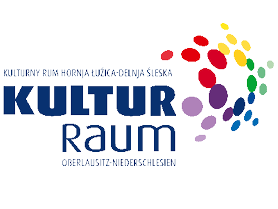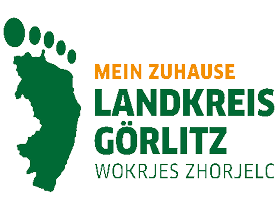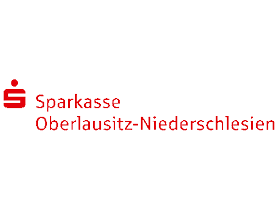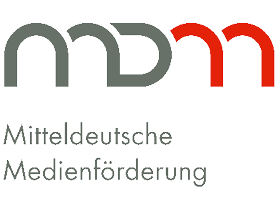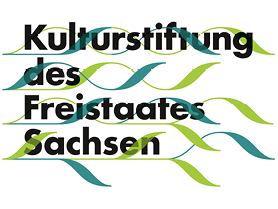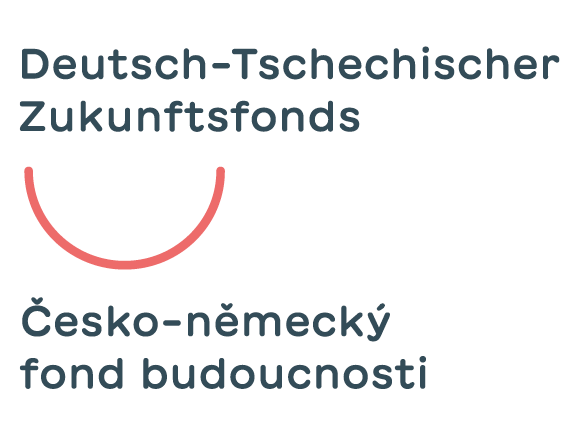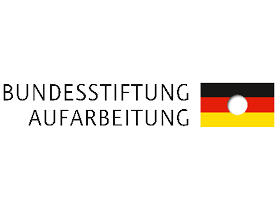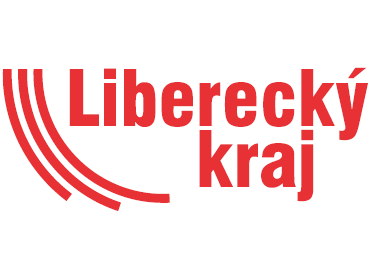Grosshennersdorf - April 26, 2022
The 19th Neisse Film Festival will begin on 17 May. On six festival days, in 20 venues, approximately 90 feature films, documentaries and short films will take part in in three competitions and additional films around various topics will be shown, all further complemented by accompanying events such as concerts, a reading and exhibitions, and more. The complete festival programme is now online, ready for you to discover.
In the festival's main competition, three feature film productions from each country - Germany, Poland and the Czech Republic - enter the ring with their treatment of dystopian visions of the future, societal shortcomings or lyrical love stories. In the documentary film competition there are also nine productions competing, which deal with, for example, the search for identity or the relationship between tradition and modern society. The short film competition includes once again a broad spectrum of film genres as well as animated films which give a fantastic, realistic, or even critical glimpse of the (not) everyday things of life.
Also on the programme are the "Regionalia" films, bringing current contributions from regional filmmakers dedicated to life in Lusatia and on the German-Czech border, or Sorbian film. Under the title "Cinemascope" is a group of films which shows how broad the thematic horizons of cinematics in Poland, Germany, the Czech Republic and other European countries is. Film classics are also in the lineup, such as "The Untouchables" (1987), "Aliens" (1986) or "Midway" (1976) in 35mm or 70mm format, as well as two children's films. And a retrospective will be showing three films with this year's Neisse Film Festival honorary award-winner, the German actress Katharina Thalbach.
This year's focus, entitled "Family Affairs", will address the changes in family concepts and/or the comparison of such conceptions in eastern and western Europe from before 1989 up through today. With the corresponding program, the viewer can grapple more intensively with various percpectives on this topic, so very relevant on both an individual and a social level, and at the same time experience enthralling, touching period stories told as if highlighted under a magnifying glass. Along these lines, beginning May 8 the Kulturcafé Alte Bäckerei in Grosshennersdorf is featuring an exhibition entitled "Familia" by the photographer Oksana Yushko. Beginning April 1, an exhibition with photos by Harald Hauswald and texts by Stefan Wolle entitled "Voll der Osten. Leben in der DDR" ("Totally East(ern). Life in the GDR") can be seen in the Sparkasse Zittau. Lutz Seiler will also read from his book "Stern 111" on May 18 in the Gerhart-Hauptmann Theater.
One of the highlights of the 19th Neisse Film Festival programme is the concert with DakhaBrakha on 20 May in Kühlhaus Görlitz. The final award ceremony takes place on May 21st in the Ebersbach Filmtheater. In addition to this year's best feature films, documentaries, short films, and audience favourites, the best acting, best screenplay and best production design will be honoured. One film will also receive our Special Award for its dedication to fostering understanding of cultural and ethnic differences in various countries, or the similarities which exist.
The 19th Neisse Film Festival's patrons are Michael Kretschmer, minister president of the state of Saxony; Martin Půta, Hauptmann of the Region Liberec, and Rafał Gronicz, Mayor of Zgorzelec.
The 19th Neisse Film Festival is sponsored through and with funds from the: Sächsischen Staatsministerium für Wissenschaft, Kultur und Tourismus (Saxon Ministry for Science, Culture and Tourism), Kulturraum Oberlausitz-Niederschlesien, Landkreis Görlitz - Wokrjes Zhorjelc (district/county), Sparkasse Oberlausitz-Niederschlesien bank, Mitteldeutsche Medienförderung, Kulturstiftung des Freistaates Sachsen, Deutsch-Tschechischer Zukunftsfonds, Bundesstiftung zur Aufarbeitung der SED-Diktatur, Stiftung für deutsch-polnische Zusammenarbeit, Liberecký kraj, KubiMobil.
his festival is co-financed with tax money on the basis of the finances as decided by the budget adopted by the Saxon Landtag members.
![[Translate to English:] [Translate to English:]](/fileadmin/_processed_/3/0/csm_nff2021_Festivalplaner-03_5d63df0d6f.jpg)
